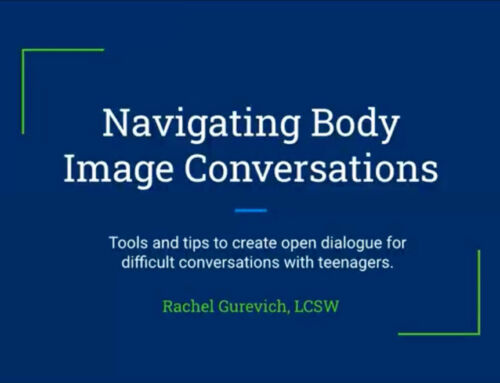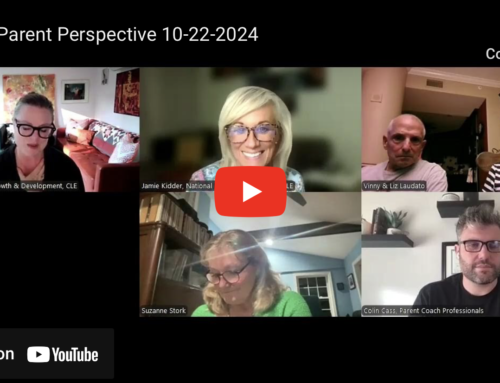
By Briana Nahoul, Social Coach, CLE Costa Mesa
The word gratitude gets thrown around quite often as of late. Our social media timelines are often flooded with inspirational quotes and memes, and it seems as though gratitude is an integral theme. The concept of keeping a gratitude journal has become main place, and it is safe to say that gratitude is all the rage right now. More and more people have been tapping into the power of gratitude, and for good reason!
Below are some of the various benefits of gratitude that have been formally studied. If you are curious about some of the ways that the art of gratitude can change our lives for the better, please read on!
1. Gratitude opens the door to more relationships.
Not only does saying “thank you” constitute good manners, but showing appreciation can help you win new friends, according to a 2014 study published in Emotion. The study found that thanking a new acquaintance makes them more likely to seek an ongoing relationship. So whether you thank a stranger for holding the door or you send a quick thank-you note to that co-worker who helped you with a project, acknowledging other people’s contributions can lead to new opportunities.
2. Gratitude improves physical health.
Grateful people experience fewer aches and pains and they report feeling healthier than other people, according to a 2012 study published in Personality and Individual Differences. Not surprisingly, grateful people are also more likely to take care of their health. They exercise more often and are more likely to attend regular checkups with their doctors, which is likely to contribute to further longevity.
3. Gratitude improves psychological health.
Gratitude reduces a multitude of toxic emotions, ranging from envy and resentment to frustration and regret. Robert A. Emmons, Ph.D., a leading gratitude researcher, has conducted multiple studies on the link between gratitude and well-being. His research confirms that gratitude effectively increases happiness and reduces depression.
4. Gratitude enhances empathy and reduces aggression.
Grateful people are more likely to behave in a pro-social manner, even when others behave less kind, according to a 2012 study by the University of Kentucky. Study participants who ranked higher on gratitude scales were less likely to retaliate against others, even when given negative feedback. They experienced more sensitivity and empathy toward other people and a decreased desire to seek revenge.
5. Grateful people sleep better.
Writing in a gratitude journal improves sleep, according to a 2011 study published in Applied Psychology: Health and Well-Being. Spend just 15 minutes jotting down a few grateful sentiments before bed, and you may sleep better and longer.
6. Gratitude improves self-esteem.
A 2014 study published in the Journal of Applied Sport Psychology found that gratitude increased athlete’s self-esteem, which is an essential component to optimal performance. Other studies have shown that gratitude reduces social comparisons. Rather than becoming resentful toward people who have more money or better jobs – which is a major factor in reduced self-esteem – grateful people are able to appreciate other people’s accomplishments.
7. Gratitude increases mental strength.
For years, research has shown gratitude not only reduces stress, but it may also play a major role in overcoming trauma. A 2006 study published in Behavior Research and Therapy found that Vietnam War Veterans with higher levels of gratitude experienced lower rates of Post-Traumatic Stress Disorder. A 2003 study published in the Journal of Personality and Social Psychology found that gratitude was a major contributor to resilience following the terrorist attacks on September 11. Recognizing all you have to be thankful for – even during the worst times of your life – fosters resilience. “We all have the ability and opportunity to cultivate gratitude. Simply take a few moments to focus on all that you have – rather than complain about all the things you think you deserve.”
– (Dr. Amy Morin, Psychotherapist)
In closing, gratitude is one of the most powerful tools we have at our disposal to cultivate the perspective that helps us to cope with all of the events happening both globally, and within our own communities and personal lives. Due to our constant exposure to bad news via our technological devices, it feels more important than ever before to incorporate the practice of gratitude into our daily lives to find peace and perspective amidst the chaos.








